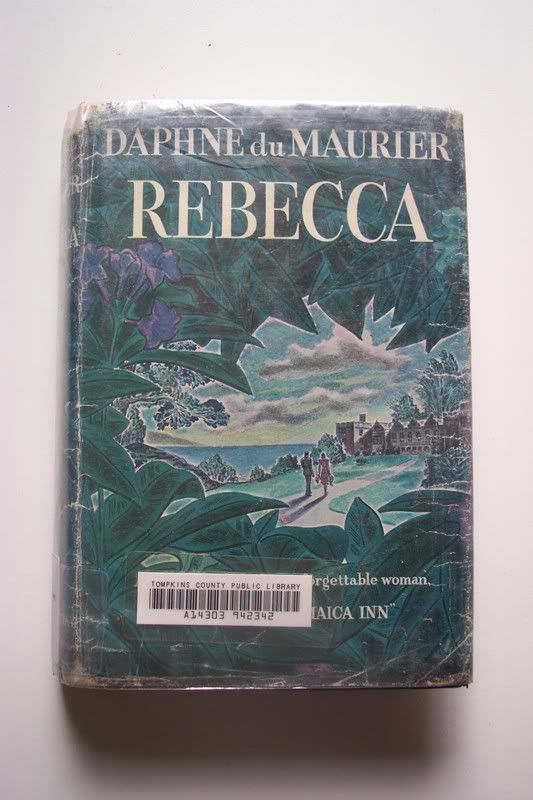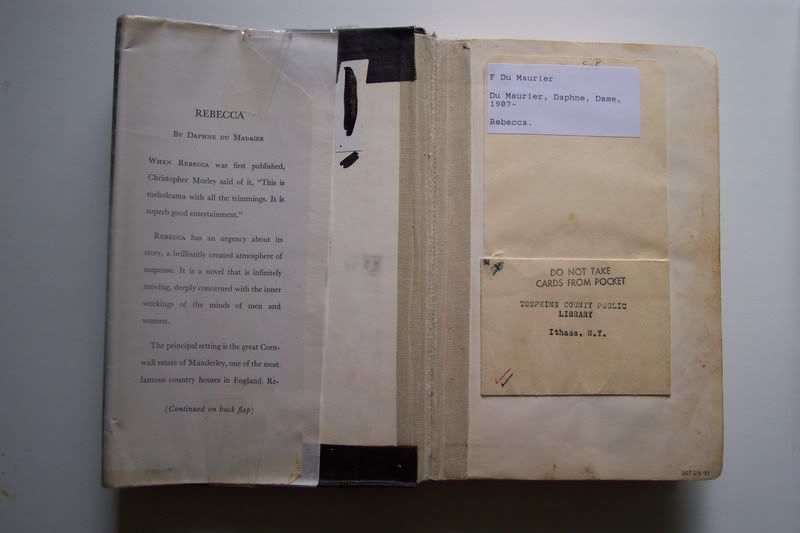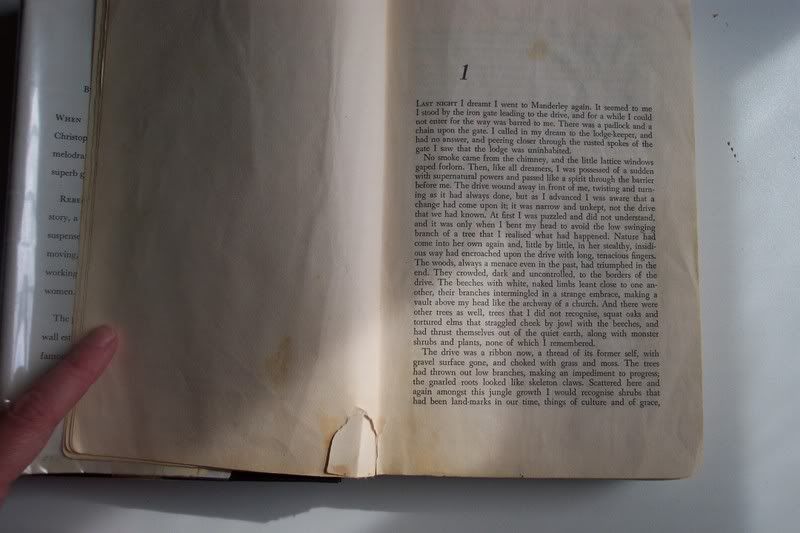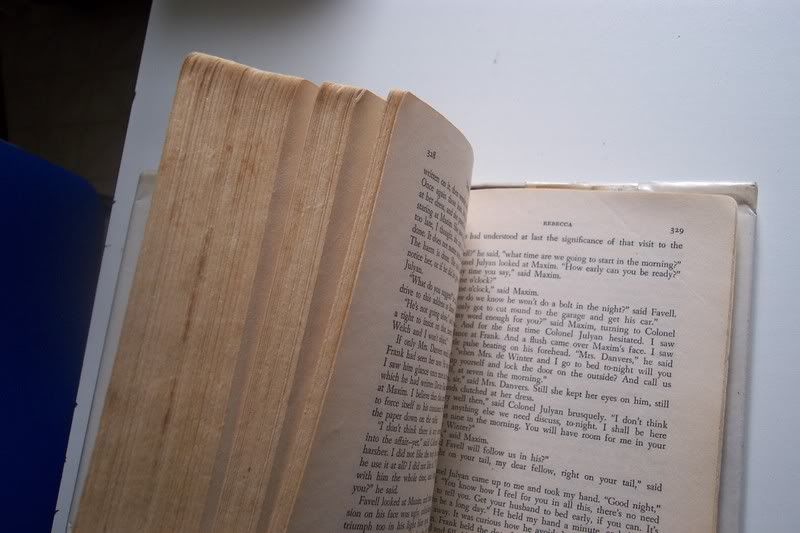The first is an album that an undergraduate of mine turned me on to: "In The Aeroplane Over The Sea," the second and last (so far) album by Neutral Milk Hotel, a nineties band from Athens, Georgia. This record came out about ten years ago and is a kind of imaginative response, on the part of reculsive lead singer Jeff Mangum, to the diary of Anne Frank. In it, among other things, he fantasizes traveling back in time to save her:
And I know they buried her body with others
Her sister and mother and 500 families
And will she remember me 50 years later
I wished I could save her in some sort of time machine
The album, though brainy, is characterized by a very unadorned, present sound, extremely simple chord changes, and a somewhat terrifying frankness, which some listeners are liable find cloying or off-putting. For my part, I love it, and am a bit obsessed with this band right now. My own instincts tend toward the ironic and indirect, and such music--like a lot of folk and blues--has an unsettling effect on me. But an importantly unsettling effect, and one that I suspect could tell me something about myself, if I'm prepared to hear it. Mangum's voice is extraordinary--it bends to the breaking point, goes ragged at the edges, and leaps entire octaves in the space of a measure--and has been stuck in my head for the better part of a week.
Anyway, in the middle of this same week, I was stunned to come across another work that imagines traveling back in time to participate in horrfying historical events. I'm talking about the forthcoming novel Flight by Sherman Alexie, most of whose previous work I have read, and have developed rather a complicated relationship with.
I must confess I didn't really "get" Alexie until I saw him give a reading from Reservation Blues in Missoula years ago. He opened up the novel, read the first couple of pages from behind his lectern, then closed the book, stepped aside, and ad-libbed the story, so that it was sort of, but not quite, like the version in the book. His direct, almost childlike, style suddenly made a lot more sense--as the ultimate manifestation of the novel's narrative, it sometimes seemed unsophisticated. But considered as merely one possible approach to an infinite verbal narrative, its complexities suddenly revealed themselves. They were extrinsic to the novel--the novel was part of a great whole, and if read as such was far more satisfying.
So Rhian brought a galley of this new book home from work, and I read it in an evening, and really enjoyed it. It's about a teenage delinquent, half Native American, who appears to murder everyone in a bank, but eventually gets another chance not to commit the crime, after a journey through time. He is a crooked cop putting down a reservation rebellion; he is a wounded adolescent Indian at Little Big Horn; he's a white tracker who leads American soldiers to a doomed tribe. And in the end, he gets a second chance at life.
Flight reads like a YA novel at times--its style is, if anything, even more goofily straightforward than Alexie's previous books. But the narrator's historical jaunt, though it feels incomplete, also feels infinite, as though he might have zoomed through time forever. The simple narrative voice suggests possibility--it's a vessel into which the sweep of history might be poured.
But, as with the Neutral Milk Hotel record, you have to be willing to go along for the ride. And not everybody will be. The sophistication of these works lies in the demands they make on the reader or listener--they're a kind of challenge to the imagination. I'm not sure if this is an established category of art, something that has been identified, debated, and codified in dissertations, but maybe it should be--the peculiar, wry false innocence that leads you down roads you might otherwise be afraid to wander.
EDIT: Rhian just pointed out that Trevor, in the comments of her 9/11 post, brought up Neutral Milk Hotel...and I didn't even notice. Serendipity!











